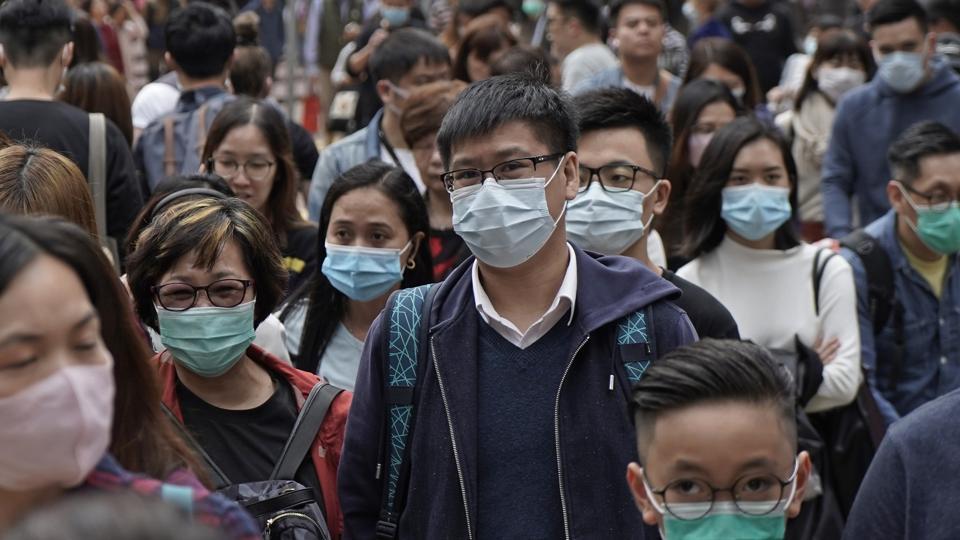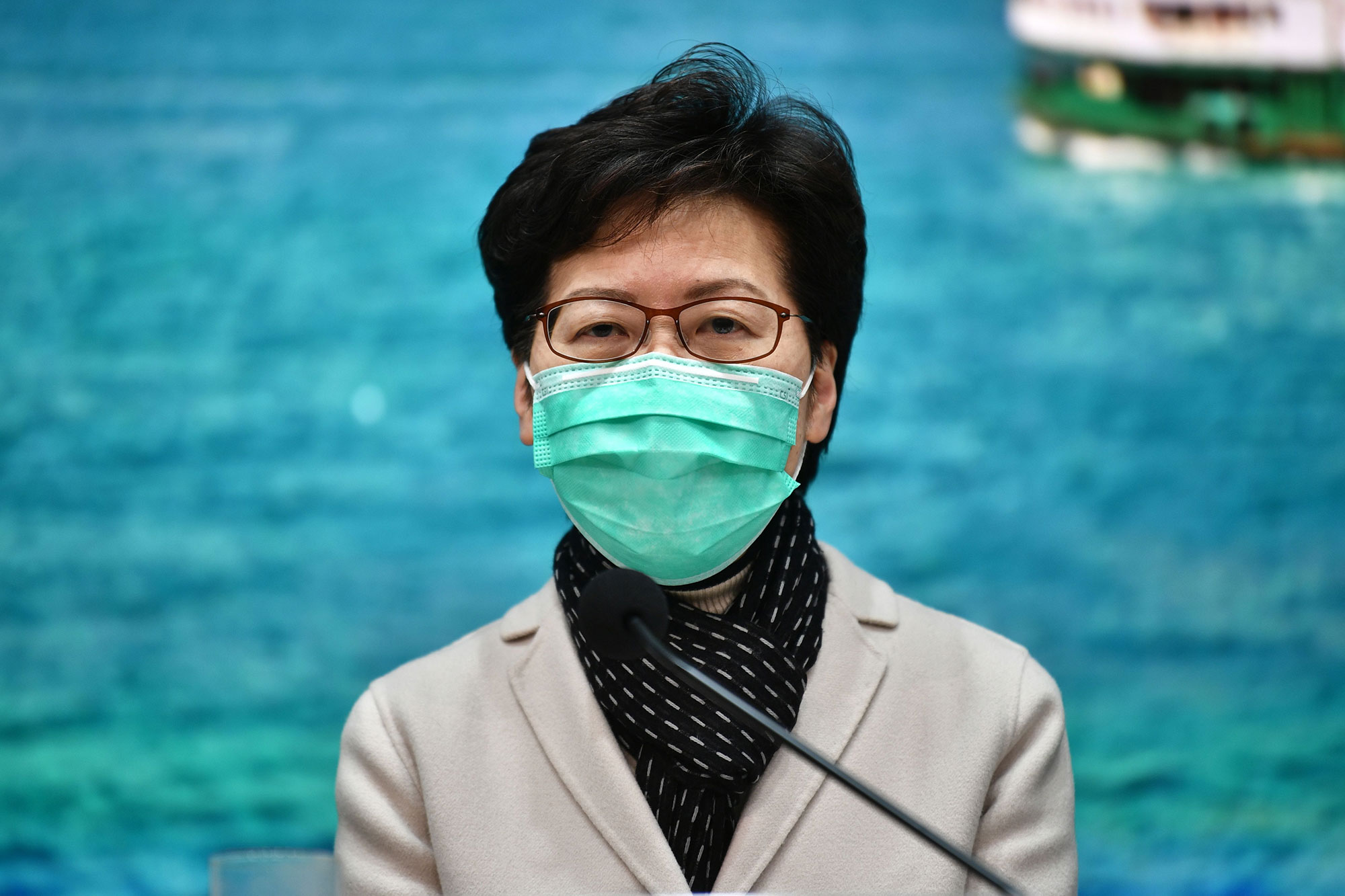We’ve been told repeatedly in the run-up to, and certainly throughout, the Covid-19 pandemic that those little paper surgical masks – the facial accoutrement that Asians have long embraced – were virtually useless to wear if you’re healthy. No need for them, we were told. You aren’t benefitting from them, we were told.
Public health officials all over the world have admonished people for buying and wearing these masks. The U.S. Surgeon General, Jerome Adams, tweeted in late February a frustrated directive: “STOP BUYING MASKS! They are NOT effective in preventing [the] general public from catching #Coronavirus, but if healthcare providers can’t get them to care for sick patients, it puts them and our communities at risk,” he said in a post that has since been retweeted over 43,000 times.
Now, many logic-oriented people rightly stumbled over such directives. How could it be that these masks could simultaneously be useless for the general public, but critically useful and necessary for frontline healthcare workers, who were working in direct contact with coronavirus patients? It simply defied rational thinking.
Well, the tide is turning in a hurry, and it may be just a matter of days before major public health bodies, like the Centers for Disease Control and the World Health Organization, make official changes to their guidelines and recommendations. Robert Redfield, the CDC Director, has been very direct in the recent past in his advice not to wear masks. He’s pivoting on that position quickly, though. On Monday (March 30), Redfield said that the CDC was currently reviewing its guidelines and may recommend general mask use to guard against community infection.
That’s right: Asia may have been right about face masks all along.
Plenty of Precedent
If you were alive in the 1970s and 1980s, you may remember the huge push to get people off of butter and eating this new thing called “margarine” instead (though it was actually invented in France decades earlier). Butter was full of cholesterol and the source of a plague of problems, consumers were told. But margarine! This wondrous processed creation, synthesised from oil, was the answer! Food science had charged to the rescue to protect us all from… actual food.

Then, the world discovered trans fatty acids, a harmful byproduct of the hydrogenation process that turned liquid oil into solid margarine. Whoops. Margarine, it suddenly seemed, was seriously unhealthy. Butter, on the other hand, made naturally from nothing more than cream (and sometimes a pinch of salt), was more wholesome, healthier, and, let’s face it, far tastier.
Funny how that works. And now, past is prologue, and after years of deriding Asians for donning little paper masks en masse at every hint of pollution or illness, the rest of the world is changing its tune… rapidly. No longer mocking this behaviour, we may soon see countries and communities around the world modelling their own plans after it.
How Did We Ever Miss This?
It’s pretty sensible, though, if you just think about it. Coronavirus is a respiratory virus, and the pathogen is spread primarily through tiny droplets, expelled by people when they cough, sneeze, or even talk. Now, on a strictly individual level, a paper mask may be mostly ineffective if, say for example, you’re the only one on a crowded bus wearing it. But if nearly everyone on that bus is wearing a mask, how could it not aid in mitigating the potential spread of the virus?
Bottom line: Masks work. While advice about not stockpiling obscene numbers of face masks is still very much valid, the directives we’ve long gotten about their uselessness are now highly questionable in the face of factual data. Infection rates in this global pandemic are significantly lower in countries where mask-wearing is popularly practised than in countries where it is not.

There’s another benefit, too, which in hindsight to any rational person, makes total sense. In many Western countries, people were advised to only wear a mask if they were sick and symptomatic. “If you’re healthy, don’t wear a mask in public!” was the mantra. So by wearing a mask, you may as well have put a giant Post-it note on yourself, loudly proclaiming, “I AM SICK WITH THE VIRUS! PLEASE HARASS, BULLY, AND DISCRIMINATE AGAINST ME!” By contrast, if nearly everyone, sick and healthy alike, is wearing them, such ugly behaviours can never materialise.
The short version: Stay home; that’s the key in halting the spread of this virus. But when you do go out, either for essentials during the MCO, or for other reasons once it’s lifted, pop on that little paper mask, and maybe – just maybe – feel a little smug about it. You had it right the whole time.
Just like butter lovers were ultimately vindicated by facts and reality, mask wearers are now getting the same treatment.

If you’re interested in a brief history of why Asians have long been enamoured with wearing face masks (it’s not all about health and functionality), read here.
Stay safe, wash those hands, practise physical distancing, and wear your mask outside.
"ExpatGo welcomes and encourages comments, input, and divergent opinions. However, we kindly request that you use suitable language in your comments, and refrain from any sort of personal attack, hate speech, or disparaging rhetoric. Comments not in line with this are subject to removal from the site. "























